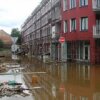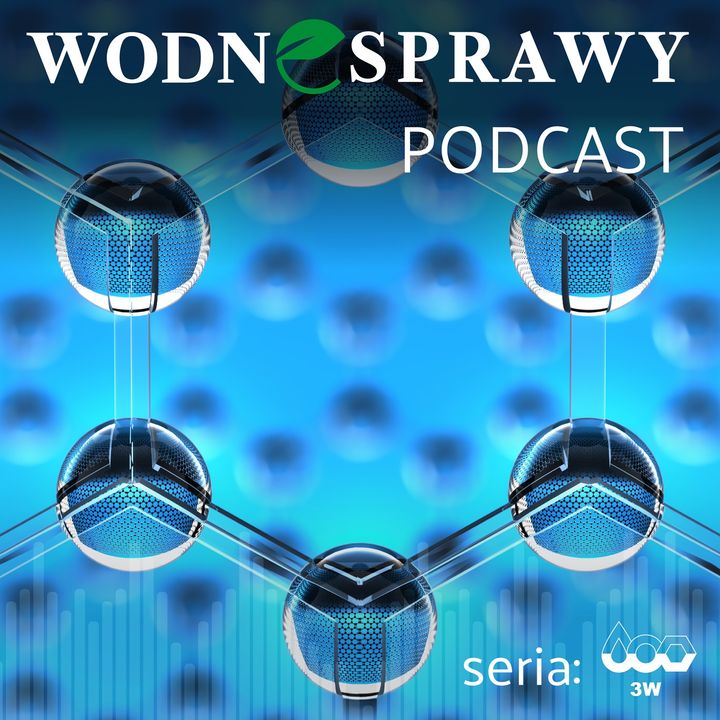From the European Commission, Issue 14/2024
Sustainable fisheries in the EU – current situation and directions for 2025.
Sustainable fisheries in the EU – current situation and directions for 2025.
In June 2024. The European Commission (EC) has published a Communication to the European Parliament and the Council titled, “The European Commission. Sustainable fisheries in the EU: current situation and directions for 2025. (COM(2024) 235 final). It presents information on the situation of European fisheries as a result of monitoring carried out in 2023, the EC’s conclusions and the results of consultations held with third countries on fishing opportunities for 2025. The communication specifically addresses:
- progress in achieving sustainable fisheries;
- The state of fish stocks;
- implementation of the unloading obligation;
- The balance between fleet capacity and fishing opportunities.
The EC is currently consulting on the implementation of the Common Fisheries Policy. Their goal is to gather information from stakeholders on fishing opportunities for 2025.
The European Commission invites all interested parties to express their opinions and comments and submit proposals by August 31, 2024. All feedback received will be summarized by the European Commission and presented to the European Parliament and the Council for inclusion in the legislative debate.
Remember, your vote counts! Take part in the consultation.
Sustainable fisheries – current situation
The EC’s Communication Sustainable fisheries in the EU: current situation and directions for 2025 contains information on the situation of European fisheries, obtained from monitoring conducted in 2023. He indicates that far fewer fish stocks are being overfished, and fishermen are benefiting socio-economically from the fact that stocks have been kept in better health for some time.
The EC also points out in the communiqué that one of the main costs incurred by EU fishing fleets in 2023-2024 was energy fees, which had a negative impact on profits, (despite the drop in fuel prices during the period).
The environmental situation in the Baltic Sea and the rivers flowing into it and proposals for action
The communiqué indicates that the Baltic Sea has been and continues to be exposed to numerous pressures that have led to a decline in biodiversity in the basin. In addition, the Communiqué points out that in addition to external pressures, the failure to implement EU regulations on weighing and recording catches plays a significant role in the decline of fish stocks in the Baltic.
One of the possible solutions based on nature’s resources that the Communiqué points out is the use of mussels, which can quickly reverse eutrophication, regenerate deoxygenated dead water zones and sequester carbon as effectively as forests on land. In addition, many tools were provided in the 2016 approved. multi-year plan for the Baltic Sea to help rebuild endangered fish stocks, including suspending target catches, setting TACs (Total Allowable Catch) below maximum recommended levels, closing during the spawning season or limiting recreational fishing.
Fishing situation in the Baltic Sea
The environmental situation in the Baltic Sea and the rivers flowing into it, described in the Communiqué, which is different from the situation in other sea basins, continues to affect fish stocks and their development. The communiqué indicates that four of the ten fisheries (Atlantic herring, both cod stocks and salmon in the main basin) in the Baltic Sea are no longer target fisheries and can only be landed as bycatch.
Other target catches include other stocks of pelagic species (sprat and herring in the central Baltic Sea, the Gulf of Bothnia and the Gulf of Riga) and plaice. In their case, catch limits were set in accordance with MSY (so-called Maximum Sustainable Yield). The salmon fishery in the Gulf of Bothnia and the Gulf of Finland, for which catch limits have been set in accordance with the precautionary approach, is also targeted.
Progress in achieving sustainable fisheries in the EU
Fishing opportunities are an important instrument for sustainable management of fishery resources. As the Communiqué points out, in the Atlantic, Baltic and Skagerrak/Kattegat Seas, fishing opportunities are mainly set as catch limits.
The European Union has agreed to continue a six-month closure period for European eel in marine and adjacent brackish waters in the northeastern Atlantic Ocean, including the Baltic Sea. It was also agreed that the closed period would coincide with the migration of juvenile and mature eels swimming between the sea and rivers. These activities in 2024. Are subject to more intensive monitoring.
Eutrophication and climate change an obstacle to sustainable fishing in the EU
The communiqué pointed out that in order to overcome the impact of pollution, eutrophication and climate change on marine ecosystems, fisheries and aquaculture, the planned measures should be based on data obtained from the scientific community. Thanks to science, as the EC points out in the Communication, decision-makers can make informed decisions and fully implement the ecosystem approach to fisheries and aquaculture management. Such a solution is indicated as the best way to achieve the goals.
Some of the EC’s conclusions
Changes in fishing opportunities in 2025. will aim to enable stock recovery and consolidation, for those where sustainable levels have been achieved, and to increase the resilience of fishermen.
The actions proposed by the EC to support the energy transition of the fisheries and aquaculture sector that the Communication identifies are those that will be crucial to increasing its socioeconomic resilience by supporting the reduction of dependence on the use of fossil fuels. The EC also points out that a thriving fish farming sector is important for keeping coastal communities active, as well as managing the transition to more sustainable food systems.

 Polski
Polski







